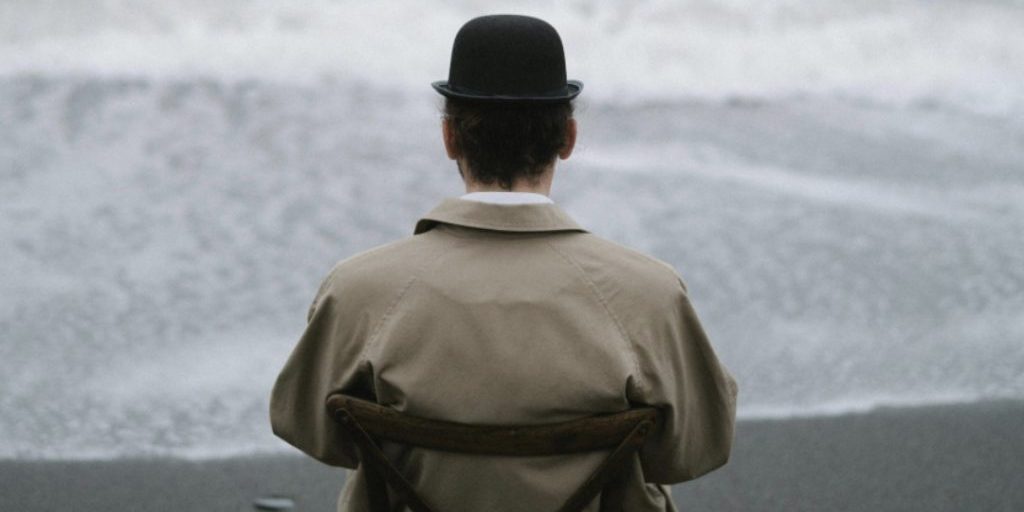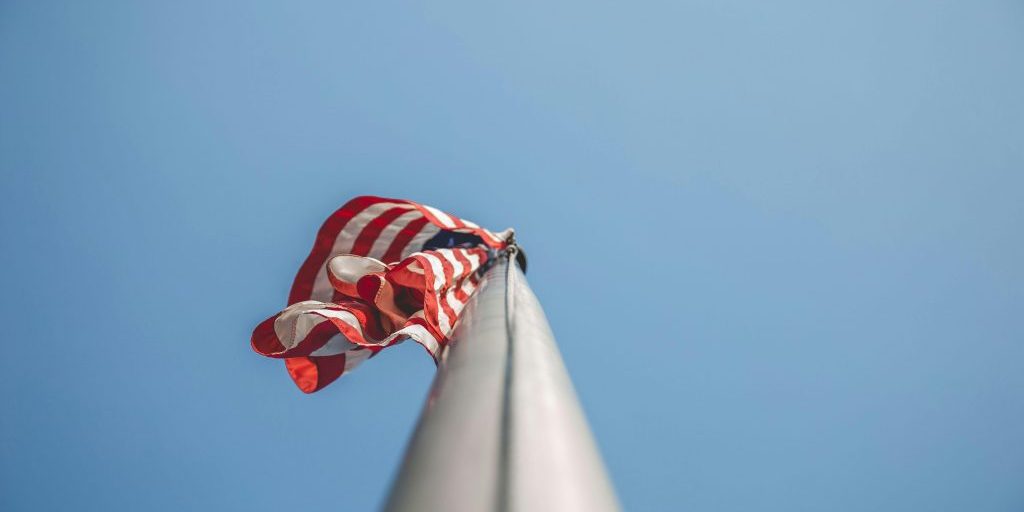Media and the law: confidential sources
Lawyer Dario Milo surprised the audience for his speech about the state of media freedom at an event organised by the South African Editors’ Forum (SANEF), the Institute for the Advancement of Journalism (IAJ) and the Wits Centre of Journalism on Black Wednesday in 2012.
Milo, a partner at Webber Wentzel attorneys and a visiting associate professor at Wits, referred to a decision of the South Gauteng High Court on 27 April 2012 which allowed the Mail & Guardian to protect its sources in a defamation case – ‘the first … of its kind after our Constitution was adopted’.
‘A company called Bosasa is suing the [newspaper] for alleging corruption in its relationship with the Department of Correctional Services. As part of a preliminary skirmish, Bosasa claimed that it was entitled to unredacted documents which would have revealed confidential sources used by the newspaper in its story.
‘Although the court included in its judgment the usual boiler-plate language about how each case must be decided on its own facts, there can be no doubt that after this case, the protection of confidential sources in public interest stories must be regarded as the general rule, both in civil cases such as this one, and in criminal cases involving section 205 of the Criminal Procedure Act. [A section 205 lets the State subpoena a witness to give evidence in court.]
‘Judge [Moroampholo] Tsoka’s ruling should be music to the media’s ears: “It is essential that in carrying out this public duty for the public good, the identity of [the media’s] sources should not be revealed, particularly where information so revealed would not have been publicly known.”
‘This essential and critical role of the media is more pronounced in our nascent democracy, founded on openness, where corruption has become cancerous, and needs to be fostered rather than denuded.’
Milo then drew the audience’s attention to ‘the famous ruling of the European Court‘, that ‘protection of journalistic sources is one of the basic conditions for press freedom’.
Eleven years after Milo’s speech, there is still no legislation that specifically regulates journalistic sources.
The Thomsons Reuters Foundation (TRF) explains in an excellent guide that ‘[South African] courts have considered the issue of journalistic privilege and maintaining confidentiality of sources, but have never provided a clear definition of a “journalistic source” ‘.
However, it can be inferred that journalistic sources are individuals who have knowledge pertinent to a story. Sources also include documents that contain relevant information for journalistic work
The Protection of Personal Information Act 4 of 2013 (POPIA) applies when it comes to data protection and the collection and use of personal information about an individual, but, explains the TRF, ‘POPIA does not apply to the processing of personal information solely for the purpose of journalistic expression to safeguard public interest while balancing the right to privacy and the right to freedom of expression’.
The Press Council’s Guidance Note on POPIA can be accessed here, and it is important to note that our Code of Ethics and Conduct for South African Print and Online Media (the Press Code) is probably the most valuable document to which a journalist and publications can subscribe.
The Press Code applies to content published by all its members and has sections dedicated to:
- the gathering and reporting of news
- independence and conflicts of interest
- privacy, dignity and reputation
- protection of personal information, and
- confidential and anonymous sources
The Press Code specifically states that the media shall protect confidential sources of information and not publish information that constitutes a breach of confidence
The reason why it is so valuable to subscribe to the Press Code is, as TRF says, because ‘POPIA notes that, where a journalist processes personal information for journalistic purposes and is subject to a code of ethics that provides adequate safeguards for the protection of personal information, such code will apply to the processing concerned instead of POPIA’.
The Press Code deals with processing of personal information and therefore suffices.
Another essential piece of law pertaining to sources, explains the TRF, is ‘the Promotion of Access to Information Act 2 of 2000 (PAIA), which promotes the right of access to information held by the State and any information held by another person that is required for the exercise or protection of any rights’.
‘A journalist may be required to disclose a record of confidential information if that record is required for the protection or exercise of another person’s rights. The journalist would have to provide the record if the person requesting it complies with the procedural steps set out in the Act, and if the disclosure does not constitute the exclusions (for example, where the disclosure would involve the unreasonable disclosure of personal information about a third party).
‘Sources also include documents that contain relevant information for journalistic work.’
The Criminal Procedure Act – to which this article earlier referred in terms of its section 205 – is a means by which a journalist or a publication could be compelled to give up sources. ‘A judge or a magistrate may, upon the request of the National Prosecuting Authority (NPA), order any person who may have information about an alleged offence to appear before a Court to provide information.’
This Act also lists items that can be seized during a search and seizure, including ‘articles concerned with, or reasonably believed to be intended to be used in, the commission of an offence, [such as] articles that may be evidence of the commission or suspected commission of an offence’.
In terms of journalists and publications, the police can only confiscate what has been stipulated in the search warrant.
As TRF explains, ‘The authority of the police to confiscate electronic documents [for example] is … not within the scope of an ordinary search and seizure under the Criminal Procedure Act and would require the assistance of a cyber inspector’.
The role and powers of the cyber inspector are set out in the Electronic Communications and Transactions Act (ECTA).
‘Monitoring of a journalist’s communication online is governed by RICA [under which] lawful interception is only allowed in cases where there is a reasonable ground to believe that a serious criminal offence such as high treason will be committed or where the information concerns an actual threat to public health, safety or national security.’
The Press Council’s note on RICA and surveillance and its effect on the media can be accessed here, bearing in mind the law has several problems still in existence despite having been declared unconstitutional in 2021 and being amended in 2023.
It is noteworthy that the Constitutional Court ‘extended protection to information shared with journalists in confidence’ in the same way that it granted interim relief so that people must be notified if they had been under surveillance’.
‘The State must disclose … the fact that the intended subject of interception is a journalist in the application for interception.’
The Campaign for Free Expression, among other activist South African organisations which protect journalists’ rights, offers legal interventions in freedom of expression violation cases and provides legal support for individuals under attack for exercising their right to freedom of expression. Such cases often involve protection of sources.
- This article was compiled by Janet Smith, adjudicator at the Press Council




